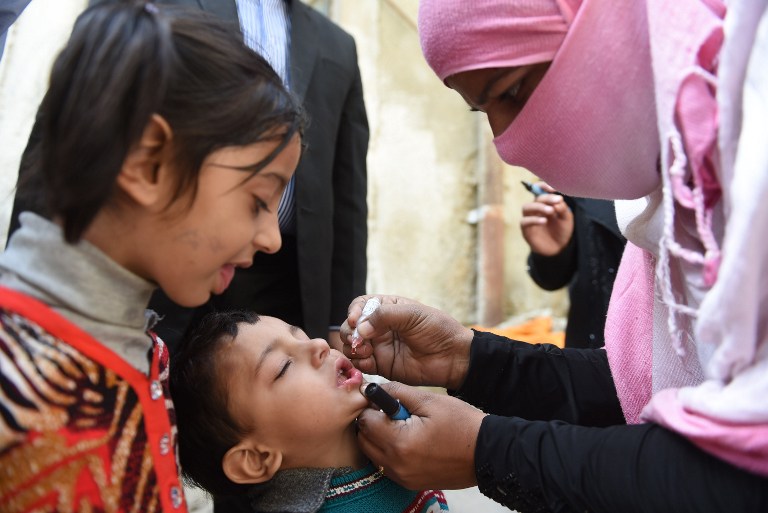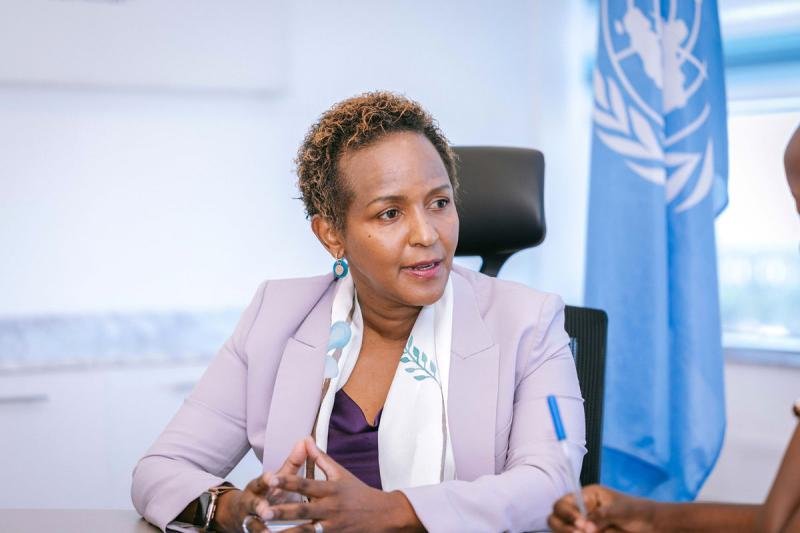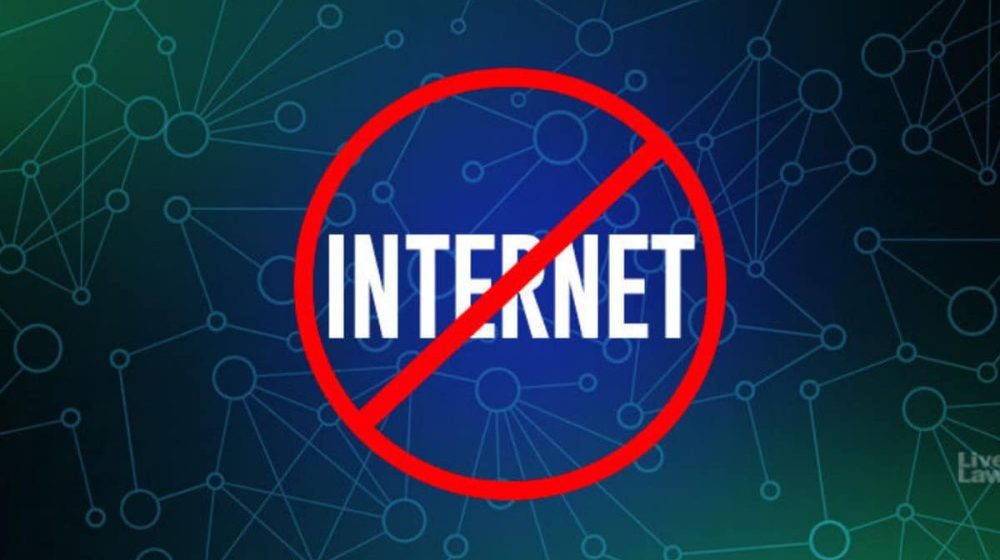Editorial
The recent findings from the National Institute of Health (NIH) have disclosed the presence of the poliovirus in environmental samples from 52 districts, indicating a persistent public health challenge in the country. This update comes after the identification of the virus in 10 new environmental samples gathered from seven cities, including significant urban hubs such as Islamabad and Rawalpindi.
In Islamabad, the poliovirus was detected in sewage samples from a vegetable market on July 3. Similarly, in Rawalpindi, genetic analysis has revealed that the virus located in the Safdarabad area closely resembles the strain found in Islamabad, hinting at potential regional dissemination.
Furthermore, there have been reports of the poliovirus from various cities nationwide. Loralai has confirmed the presence of the virus through environmental tests, while in Karachi, it has been found in three distinct areas: Hijrat Colony, Haji Murid Goth, and Khamisu Goth.
Likewise, the district of Dadu has reported the detection of the poliovirus in its environmental samples. In Hyderabad, the virus has been identified in sewage collected from the Risala line and a local pumping station, underscoring the extensive reach of this public health issue.
Pl subscribe to the YouTube channel of republicpolicy.com
The widespread occurrence of the poliovirus underscores the urgent necessity for intensified immunization efforts. This is a crucial step in our collective fight against this public health threat. These situations highlight the administrative, political, and social challenges confronting the state and society of Pakistan. It is crucial to address these issues to effectively combat the spread of polio in the country.
Controlling polio in Pakistan requires a multi-faceted approach that involves extensive immunization efforts, improved sanitation practices, and heightened public awareness. It is imperative to prioritize routine immunization drives, especially in high-risk areas, and ensure that every child receives the required doses of the polio vaccine. Additionally, enhancing surveillance systems to promptly detect and respond to cases, along with addressing the socio-cultural barriers that hinder vaccination campaigns, is crucial. Collaborative efforts between the government, healthcare providers, community leaders, and international organizations are essential to effectively combat the spread of polio in Pakistan. Moreover, investing in public health infrastructure and education to improve hygiene and sanitation standards will contribute significantly to controlling the transmission of the poliovirus.

















































